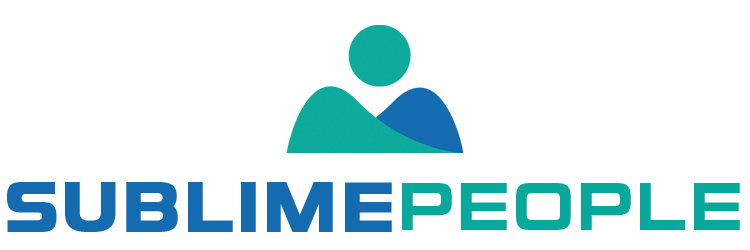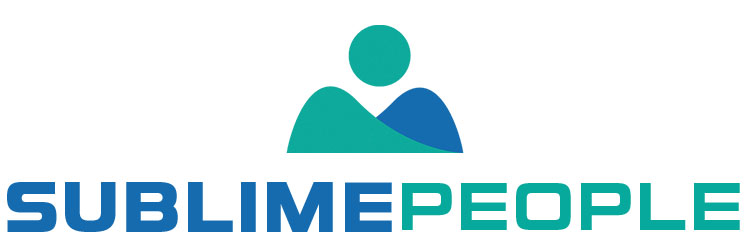In this Article:
What is an employer value proposition?
An employer value proposition is a statement that summarizes why a particular company is a great place to work. It outlines the key benefits that employees can expect to receive if they join the organization.
Why do you need an employer value proposition?
Attracting and retaining top talent is essential for any business and is essential for creating an employer brand. An employer value proposition can help you stand out from the competition and attract the best and brightest employees as well as increase employee engagement. It can also help you retain current employees by highlighting the unique benefits of working for your company.
How to create an employer value proposition
Because it outlines the unique selling points of a company, the employer value proposition can be used to attract top talent, retain employees, grow the employer brand, and differentiate the company from its competitors.
There are a few key steps to creating a great employee value proposition:
1. Determine what makes your company special.
What are your core values? What do you offer employees that they can’t find elsewhere?
2. Craft a message that is clear and concise.
The employee value proposition should be easy to understand and communicate what makes your company a great place to work.
3. Promote it everywhere.
Make sure the employee value proposition is visible on your website, in job postings, and in other marketing materials.
A strong employee value proposition is a valuable tool for attracting and retaining top talent. By highlighting what makes your company unique, you can set yourself apart from the competition and attract the best and brightest employees as well as decrease annual employee turnover.
Examples of employer value propositions
An employer value proposition (EVP) summarizes why an organization is a great place to work. It communicates the unique benefits that employees can expect while working for the company and helps with employer branding.
Some common examples of employee value propositions include:
- Challenging and meaningful work
- A supportive and friendly work environment
- Opportunity for growth and advancement
- Competitive pay and benefits
- Flexible work arrangements
How to measure the success of your employer value proposition
One way to measure the success of your employer value proposition is to look at whether it is resonating with your employees. To do this, you can survey your employees to get their opinions on the matter.
Another way to measure success is to look at whether the proposition is attracting top talent to your organization. You can track the number of applicants and hiring rates to see if there is a correlation between the proposition and employee or talent acquisition outcomes.
What makes a great employee value proposition (EVP)?
When it comes to what makes a good employee value proposition, there are a few things that are key.
- It needs to be clear and concise. No one has time to read a long, drawn-out explanation of what a company can offer them.
- It also needs to be specific. Saying that a company offers “competitive pay and benefits” is vague and doesn’t really tell potential employees anything concrete. Instead, list out the specifics of what those competitive pay and benefits entail.
- The employee value proposition should also be personalized. Rather than just listing out the company’s generic perks and benefits, take the time to personalize it for each potential employee. Show them how they would specifically benefit from working for your company.
- It should be updated regularly. Things like salary ranges and benefits packages can change over time, so it’s important to keep the employee value proposition up-to-date.
In summary, what makes a good employee value proposition? It needs to be clear, concise, specific, and personalized. It should also be updated regularly to ensure that it’s always up-to-date. If you can hit all of those marks, then you’ll have no problem attracting top talent to your company!
What are the 5 main components EVP?
An employer value proposition, or EVP, is a statement that outlines the unique benefits a company offers to its employees. There are five main components of an EVP:
1. Career growth and development opportunities.
Successful employees want to know that they will have the opportunity to grow and develop their skills within the company. They need to be assured of career development as a result of career development opportunities that the company avails.
2. A positive work-life balance.
Employees need to feel like they can have a healthy work-life balance. The company should offer flexible hours, telecommuting options, and other policies that help employees balance their work and personal lives. work-life balance should be seen as part of the company culture.
3. A good salary and benefits package.
Existing employees want to be compensated fairly for their work. The company should offer a competitive salary and benefits package.
4. A positive company culture.
Employees want to work for a company that has a positive culture and values its employees. The company should have strong values and be committed to employee happiness and well-being. Employees should feel like they are working for a world-class team.
5. Good workplace perks.
Employees appreciate companies that offer great employment benefits such as; free food, gym memberships, or generous vacation policies. The employer may also include benefits such as a student loan paydown program and company-sponsored holidays.
How do you create an employee value proposition?
There are a few things to keep in mind when creating an EVP:
Keep it specific.
Don’t just say “we offer great benefits” or “our company is a great place to work.” Be specific about what those benefits are, and why they’re valuable.
Make it relevant to your target audience.
An EVP that appeals to recent college grads might be different from one that appeals to experienced professionals.
Be honest.
Don’t promise things you can’t deliver, like unlimited vacation days or high salaries. Employees will see through that, and it will only make them distrustful of your company.
When creating your EVP, think about what makes your company special, and focus on communicating those benefits clearly and concisely. If you can do that, you’ll be well on your way to attracting and retaining the best employees possible.
What is employee value proposition CIPD?
The CIPD’s employee value proposition is all about helping employees to reach their full potential. Through its range of resources, training programs, and networking opportunities, the CIPD provides employees with everything they need to grow and develop their careers. This makes the CIPD an attractive place to work, as it offers employees the chance to improve their skills and advance their careers.




